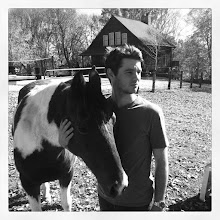To attempt development work prior to understanding its historical context could be equated to lifeguarding before learning to swim. Here's to swimming lessons!
"In no country is it possible to trace the cycle of rebellion and American-sponsored reaction as clearly as it is in Nicaragua. After the United States deposed President Zelaya, patriots rose up in arms against the new regime. The regime defeated them with the help of U.S. Marines. That intervention stirred the conscience of Augusto César Sandino, who launched another revolt and fought the Marines to a standstill in the 1920s and 30s. Sandino was assassinated at the orders of General Anastasio Somoza García, whose family ruled the country with unstinting American support for the next forty years. Its repression sparked the revolution that brought the Sandinistas to power in 1979. Their embrace of Marxism set off the next American intervention, the contra war of the 1980s. That war tore the country apart so completely that voters, given an unexpected chance to express their will, threw the Sandinistas out of office in 1990.
"This reversal gave the United States a chance to redeem itself in Nicaragua by helping pro-American leaders rebuild their shattered country. Instead, the United States turned its back on the country where it had sowed so much pain. This shortsightedness led to a result that shocked many people in Washington and beyond: the decision of voters in 2006 to give the Sandinista leader, Daniel Ortega, another chance at power.
"[Nicaraguans] agree that their country did not suffer because its leaders were passionately committed to hostile ideologies, as it seemed at the time. The war, they now say, was an old-fashioned Nicaraguan power rivalry that had spun horribly out of control after it was swept up into the Soviet-American conflict."
Blood of Brothers is the most accessible and expansive book on Nicaraguan history and culture that I have seen printed in the English language. It is authored by former New York Times bureau chief Stephen Kinzer. It comes with strong recommendations to anyone curious to better understand Nicaragua and its people.










